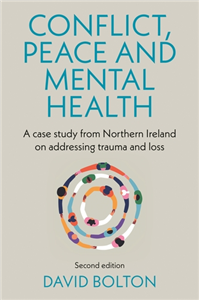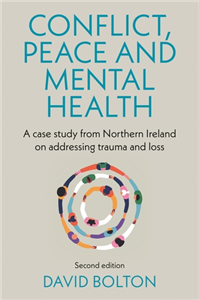Social, group or collective psychology
July 2019
Traumatic events happen in every age, yet there is a particularly cataclysmic feeling to our own epoch that is so attractive to some and so terrifying to others. The terrible events of September 11th 2001 still resonate and the repercussions continue to this day: the desperation of immigrants fleeing terror, the uncertainty of Brexit, Donald Trump in the White House, the rise of the alt-right and hard left, increasing fundamentalism, and terror groups intent on causing destruction to the Western way of life. If that were not enough, we also have to grapple with the enormity of climate change and the charge that if we do not act now, it will be too late. Is it any wonder many are left overwhelmed by the events they see on the news? Galvanised by the events outside of his consulting room, in 2015, David Morgan began The Political Mind seminars at the British Psychoanalytical Society and their successful run continues today. A series of superlative seminars, mostly presented by colleagues from the British Society plus a few select external experts, that examine a dazzling array of relevant topics to provide a psychoanalytic understanding of just what is going on in our world. This book is the first in The Political Mind series to bring these seminars to a wider audience.The Unconscious in Political and Social Life contains compelling contributions from Christopher Bollas, Michael Rustin, Jonathan Sklar, David Bell, Philip Stokoe, Roger Kennedy, David Morgan, M. Fakhry Davids, Ruth McCall, R. D. Hinshelwood, Renée Danziger, Josh Cohen, Sally Weintrobe, and Margot Waddell. They investigate so many vital issues affecting us today: the evolution of democracy, right-wing populism, prejudice, the rise of the far right, attitudes to refugees and migrants, neoliberalism, fundamentalism, terrorism, the Palestine-Israel situation, political change, feminism, austerity in the UK, financial globalisation, and climate change.This book needs to be read by all who are concerned by the state of the world today. Psychoanalysis and psychoanalysts with their awareness of what motivates human beings bring clarity and fresh insight to these matters. A deeper understanding of humanity awaits the reader of The Unconscious in Political and Social Life.




























